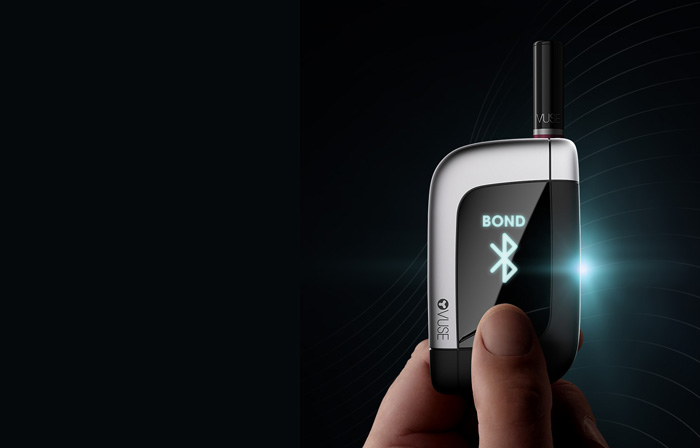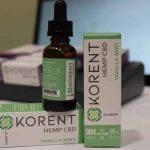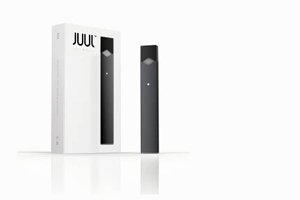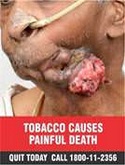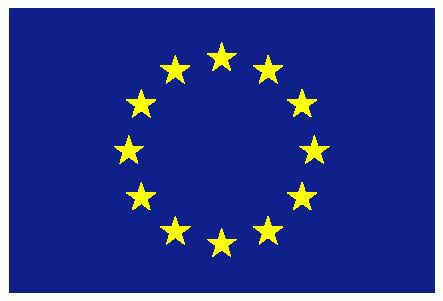British American Tobacco has said that it will continue to work with the US Food and Drug Administration as the agency advances new policies aimed at preventing youth access to flavored tobacco products.
The FDA Commissioner Scott Gottlieb, MD, yesterday made a statement on preventing young people from obtaining such products; as described on this website yesterday under the heading Haste urged.
“We welcome the FDA … shining a spotlight on the important issue of youth access to vapor products,” a BAT spokesperson was quoted as saying in a note posted on the company’s website. “We have always been clear that youth should not use vapor products and have had stringent measures in place to address this for some time.
“In relation to today’s announcement, we share the FDA’s concerns that some flavors, such as those resembling ‘kid-friendly’ food products, may play a role in increasing youth appeal and that marketing activities should not be directed to youth. We have never marketed such vapor flavors; we have supported measures to remove vapor products intended to mimic children’s food products or otherwise designed to target youth and have procedures in place to ensure our products are only marketed to adult tobacco consumers.
“We believe flavors are important in helping adult smokers migrate away from cigarettes, and the flavors we market are directed at helping adult smokers who are looking for a potentially less harmful alternatives to cigarettes.
“We already have third-party age verification processes for online sales. We will work with our many convenience retailers to ensure that tobacco, mint and menthol, which are our top selling flavours, remain available for consumers who are looking for potentially less harmful alternatives to cigarettes. We also have plans to make our flavored products available in other age restricted locations, including in specialist vape stores. As with all our retail partners, we will work with any new partners who stock our products to ensure they have appropriate age verification mechanisms.
“In respect of the proposals on bringing forward the PMTA [FDA pre-market tobacco applications] date for flavored products, given our years of product development and scientific assessment of our vapor products, we are well-positioned to file PMTAs for our VUSE products and plan to do so ahead of the 2021 deadline.
“We will continue working with the FDA as the agency moves this proposed compliance change forward over the coming weeks. We will be submitting comments for the FDA to review and consider as the agency works to finalise the guidance document.”

